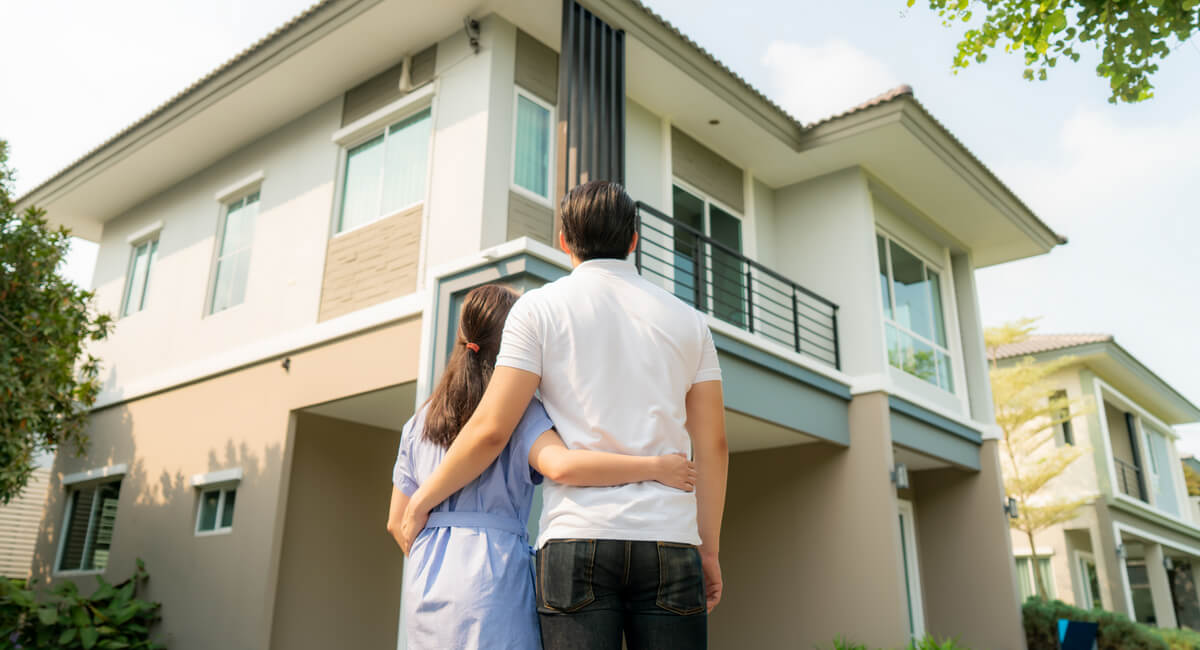It can be difficult to know what questions to ask when viewing a home, especially if you’re a first-time buyer. Even if the property looks great, there could be underlying issues that aren’t easy to see. You should know everything there is to know about a home before putting in an offer, so preparing a list of questions in advance can be helpful. Here are 10 questions you need to ask before purchasing a house:
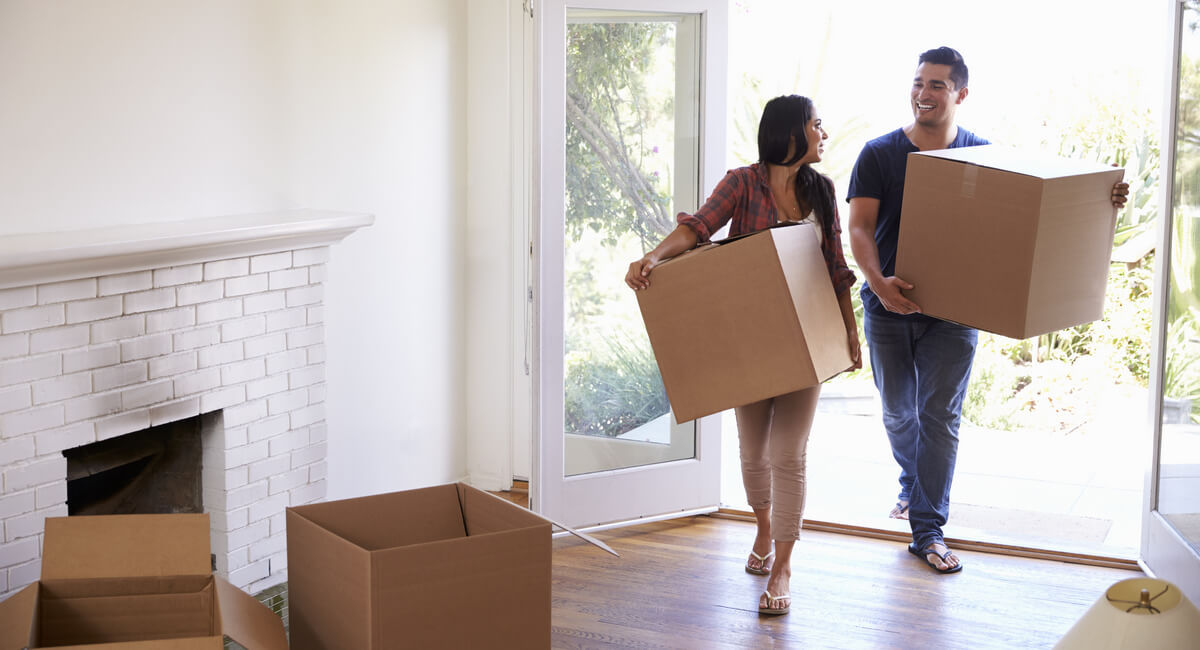
Why is the seller moving?
Although you can’t guarantee that they’ll be fully honest with their response, asking the seller why they’re leaving may reveal possible issues with the property or neighborhood. There might be a significant maintenance issue with the house, the school district could be bad, or there could be an increasing risk of flooding or other natural disasters.
Knowing the seller’s reason for leaving may also help you negotiate a better deal. For instance, if the seller is relocating for work and needs to move by a certain date, they may be more likely to accept a lower price.
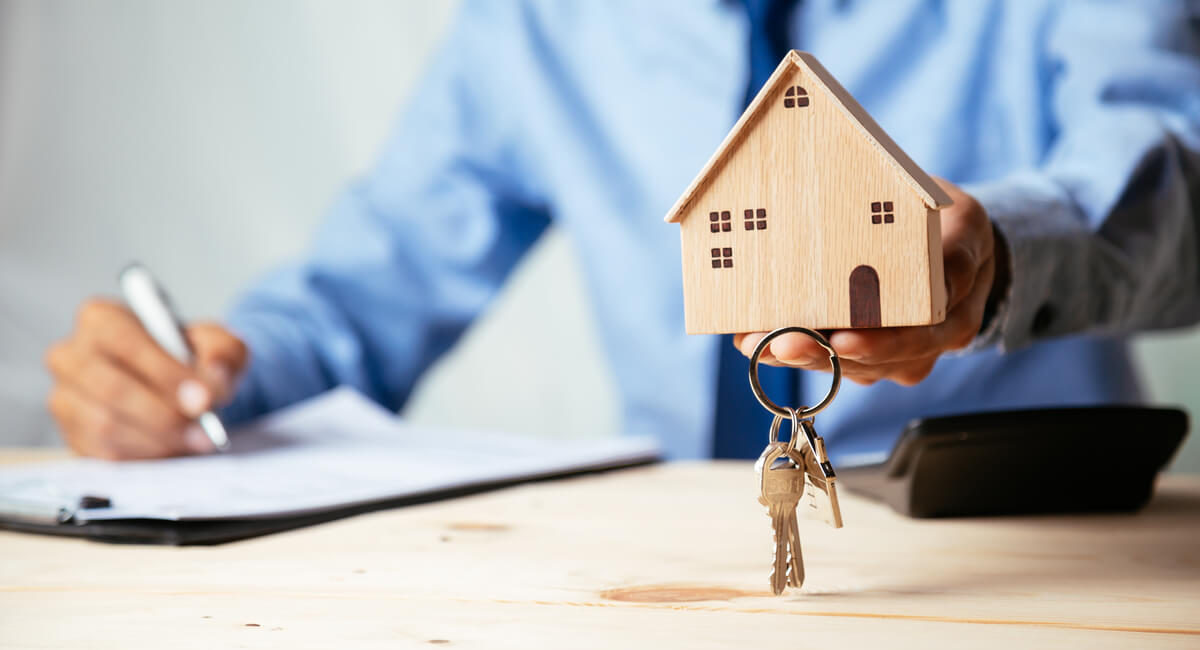
How long has the house been on the market?
The length of time a home has been on the market is usually easy to discover based on the listing date. Your real estate agent can also look into the matter and find more specific details, such as changes in price since the property has been listed. This information is valuable for multiple reasons. If you’re in a hot real estate market, a home being listed for a long time can be a red flag. If you love the property and are sure there are no major issues, though, you may have an advantage. The homeowner may be feeling more desperate to sell, so you and your agent could try to offer a lower price.
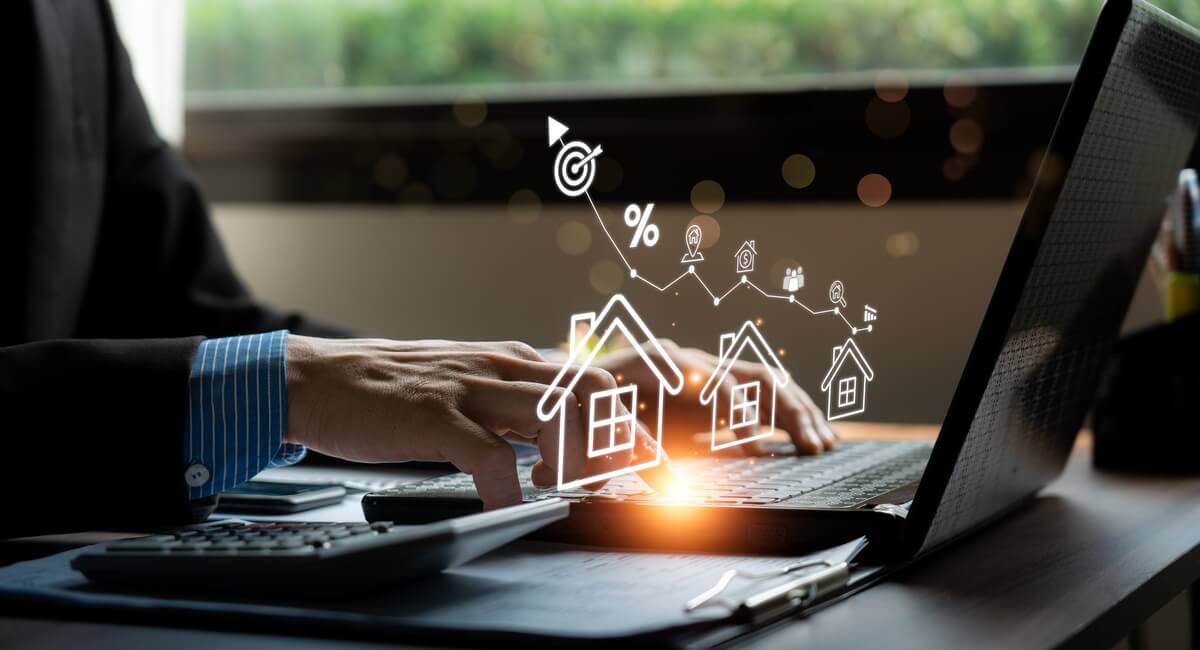
Does the house have a notable history?
In most states, sellers don’t have to disclose if someone passed away peacefully on the property. However, if the buyer asks, the seller has to tell them the truth. Failing to disclose this information when asked could result in legal repercussions for the seller. In many states, violent deaths must always be disclosed to prospective buyers. In addition to asking about deaths on the property, you could also ask if the home is rumored to be haunted or if it has any other stigma.
Knowing this information about a home could change your mind about the sale. It’s much better to find out before making an offer than after you close on the property. If you don’t mind that a home has a negative history, you could use this information to your advantage and suggest a lower offer.
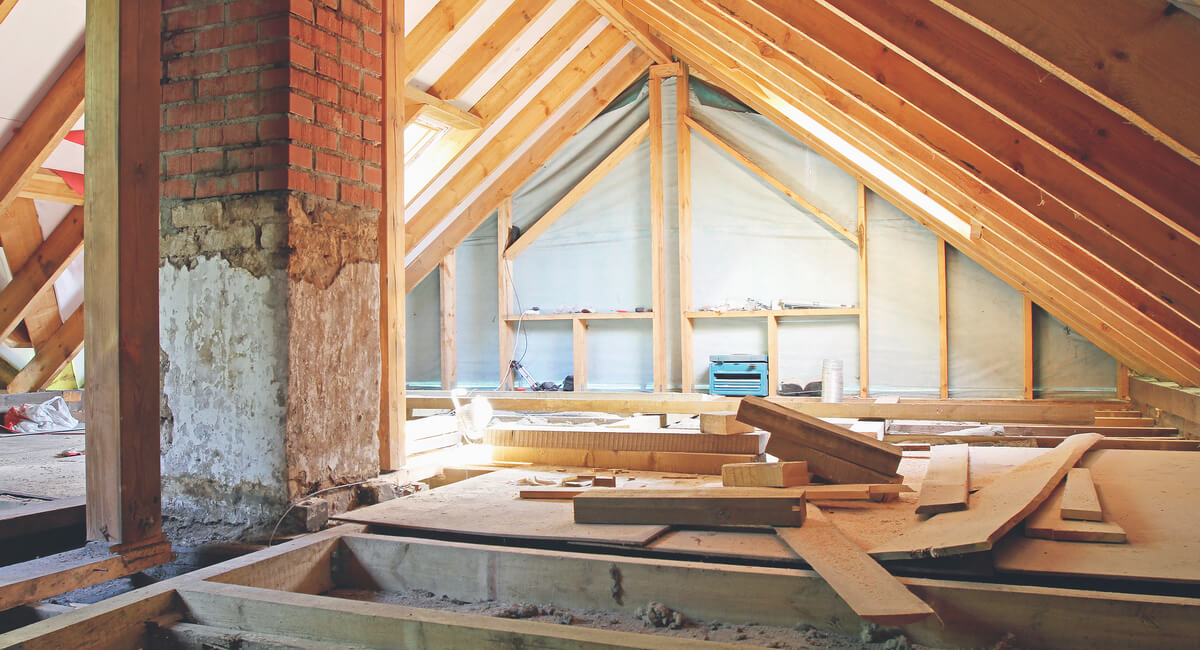
Have there been any renovations?
Knowing the home’s renovation history is incredibly important as a potential buyer. This can give you an idea of the age of certain systems and appliances. For example, a newly renovated kitchen may indicate a newer dishwasher or refrigerator. You also need to make sure that the property adheres to local building codes, especially if the homeowners completed the work themselves. If you buy a home that’s not up to code, you could be charged higher homeowners insurance rates, and you may even have to redo the work.
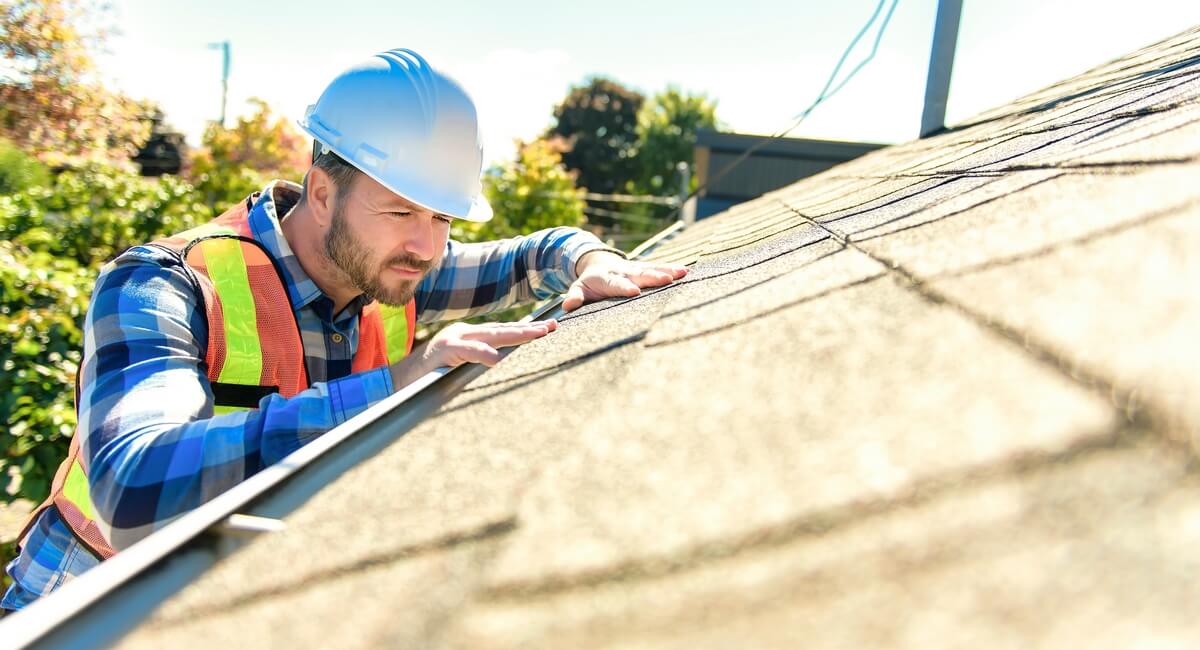
How old is the roof?
The roof is one of the most expensive components of a home to replace. A roof can last anywhere from 25 to 50 years depending on the material and the climate you live in. If the roof is more than 20 years old, you should expect to replace it while you’re the homeowner. However, you may be able to reduce your offer or request that the seller replace the roof before closing. Any damage to the roof should be revealed during the home inspection, too.

How old is the HVAC system?
The HVAC system is another expensive component to replace. HVAC systems can last 15 to 25 years, but the exact lifespan varies depending on the type of system and how frequently it’s used. The age of the HVAC system can also help you predict what your utility bills will amount to. Older systems tend to be less efficient, resulting in higher monthly costs.
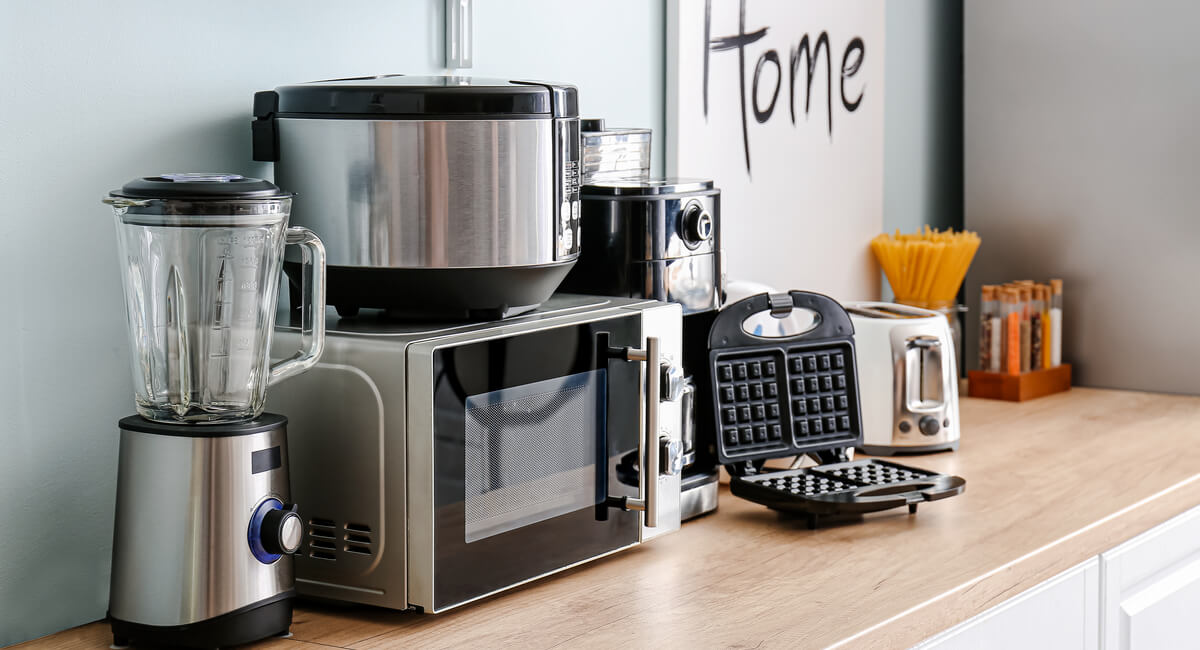
Are all the appliances included in the sale?
In most cases, sellers leave behind the washing machine, refrigerator, and other major appliances. Sometimes, though, they take these items with them. Replacing major appliances can be expensive, so it’s important to clarify with the seller whether the appliances will remain in the home. If the seller wants to take any appliances, you could factor this into your negotiations. You may be able to convince the seller to leave the appliances behind by raising your offer. If not, you’ll at least know that you’ll need to purchase the appliances upon moving in.
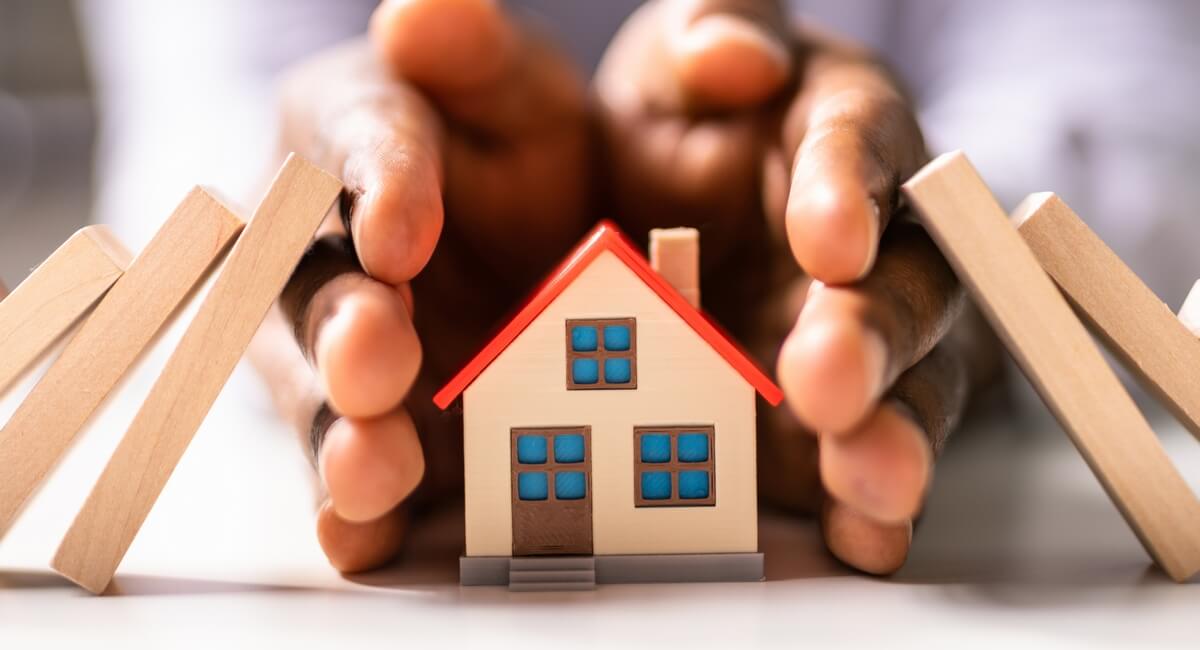
Is there a risk of a natural disaster?
Knowing the risk of a natural disaster is critical when purchasing a home. Severe natural disasters are occurring more frequently and in more widespread areas due to a changing climate, so homes that had minimal risk a few decades ago may now have a high risk. You or your agent should ask the seller whether any natural disasters have impacted the home in recent years. Additionally, you should research the area online to determine the risk of a natural disaster.
If the area is at risk of hurricanes, flooding, earthquakes, tornadoes, or any other natural disasters, you should make sure you have the correct insurance coverage. Traditional homeowners insurance covers wind damage from storms and tornadoes. However, earthquakes and flooding are not typically covered, so you must purchase separate policies for these disasters.
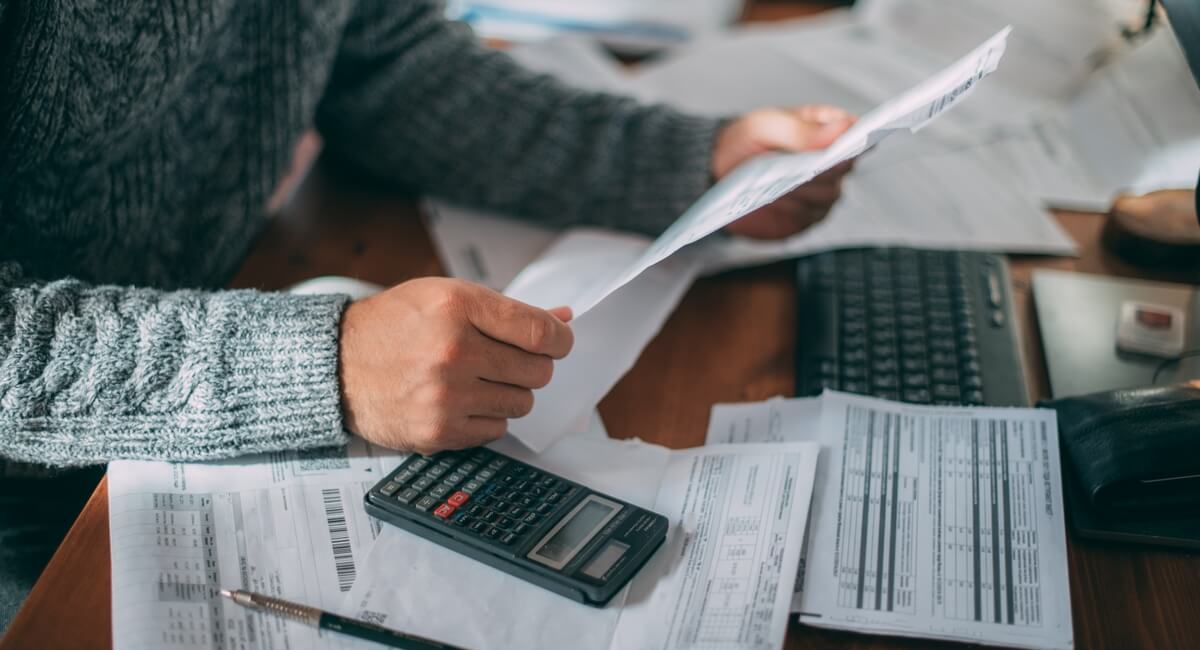
What are the average utility costs?
Utility costs can vary significantly from home to home. Asking the seller how much they pay for utilities can help you gauge what your monthly expenses would look like if you purchase the property. Be sure to ask about both winter and summer costs. Heating may be considerably more expensive in the winter, and electricity may be more expensive in the summer if you use air conditioning. You should also ask the seller how the home is heated.

Is on-street parking allowed?
Parking may not make or break your decision to purchase a home, but it’s still important information to know. You should assess whether your household’s cars can fit comfortably in the garage or driveway. If you often have guests, it may be helpful to ask about street parking. Some neighborhoods have ample and flexible street parking, and others have strict regulations. You might need resident parking permits, which could be frustrating when guests come over.
There should be no secrets when viewing a home, but the seller may not offer all the information without being asked directly. As a potential buyer, you should be prepared to ask about a property’s history, its current state, and any external factors that could affect your experience as the homeowner. You can greatly reduce your risk of buyer’s remorse by gathering as much information as possible before making an offer.

